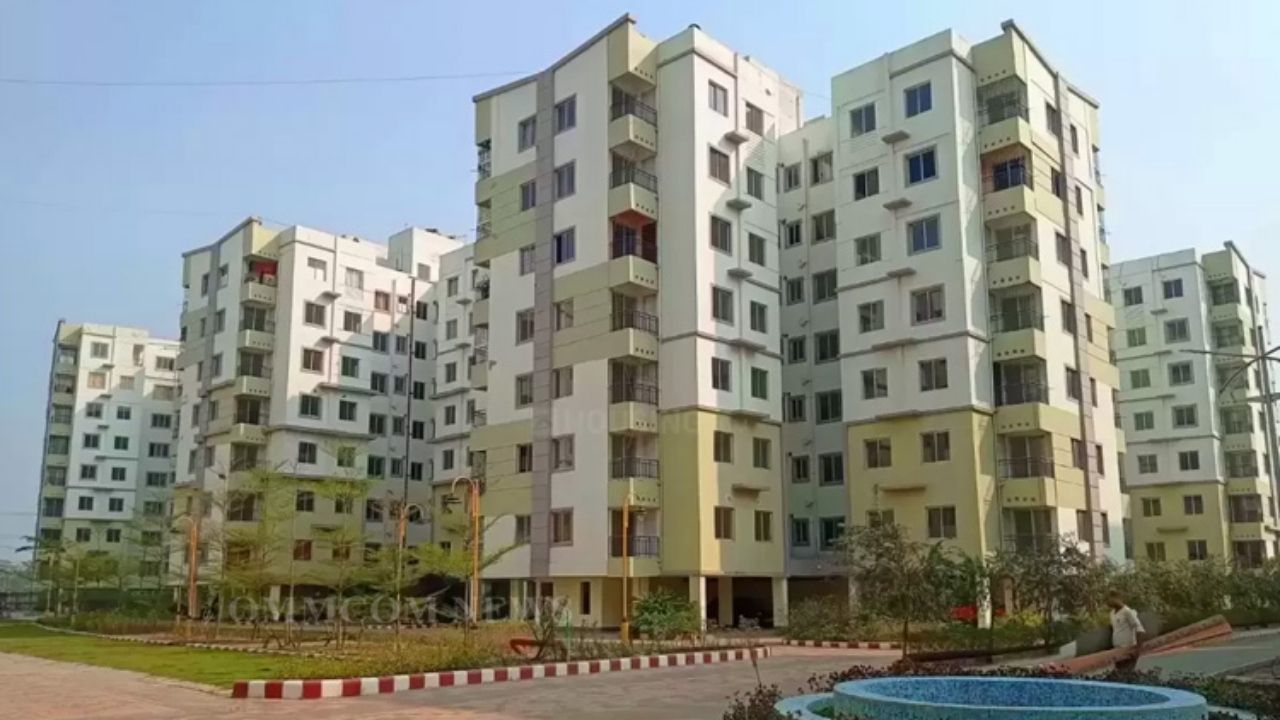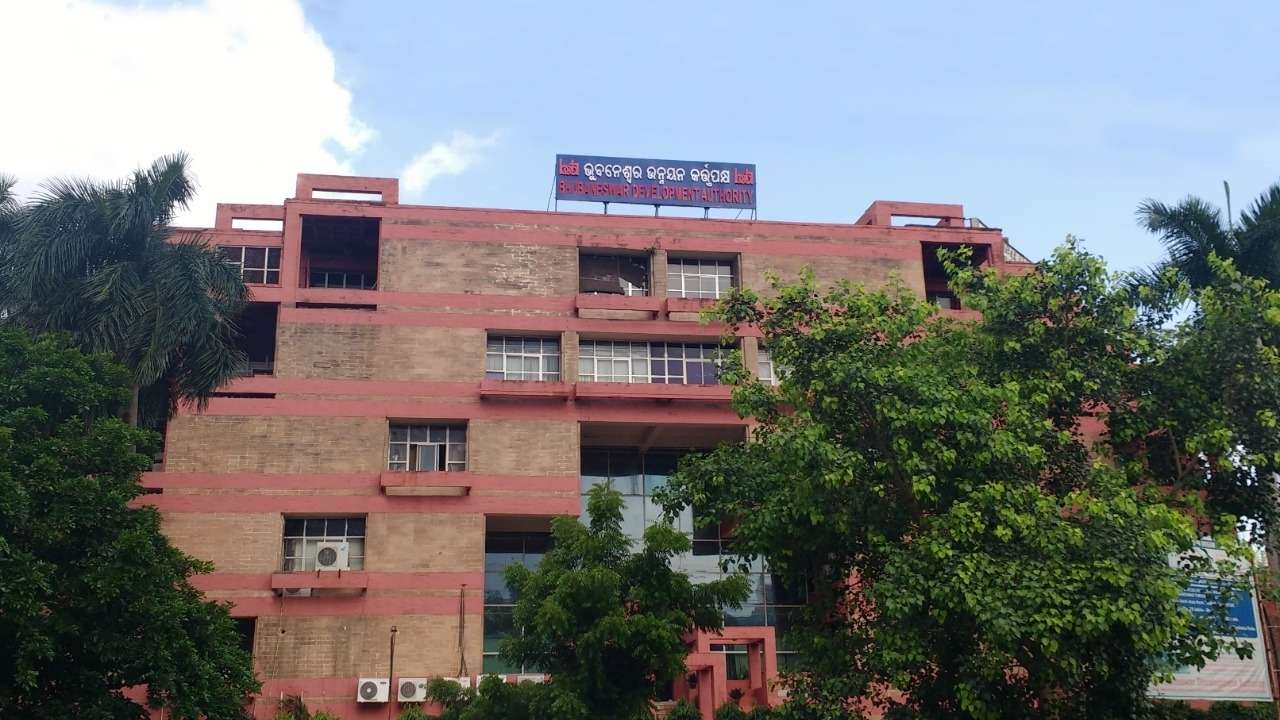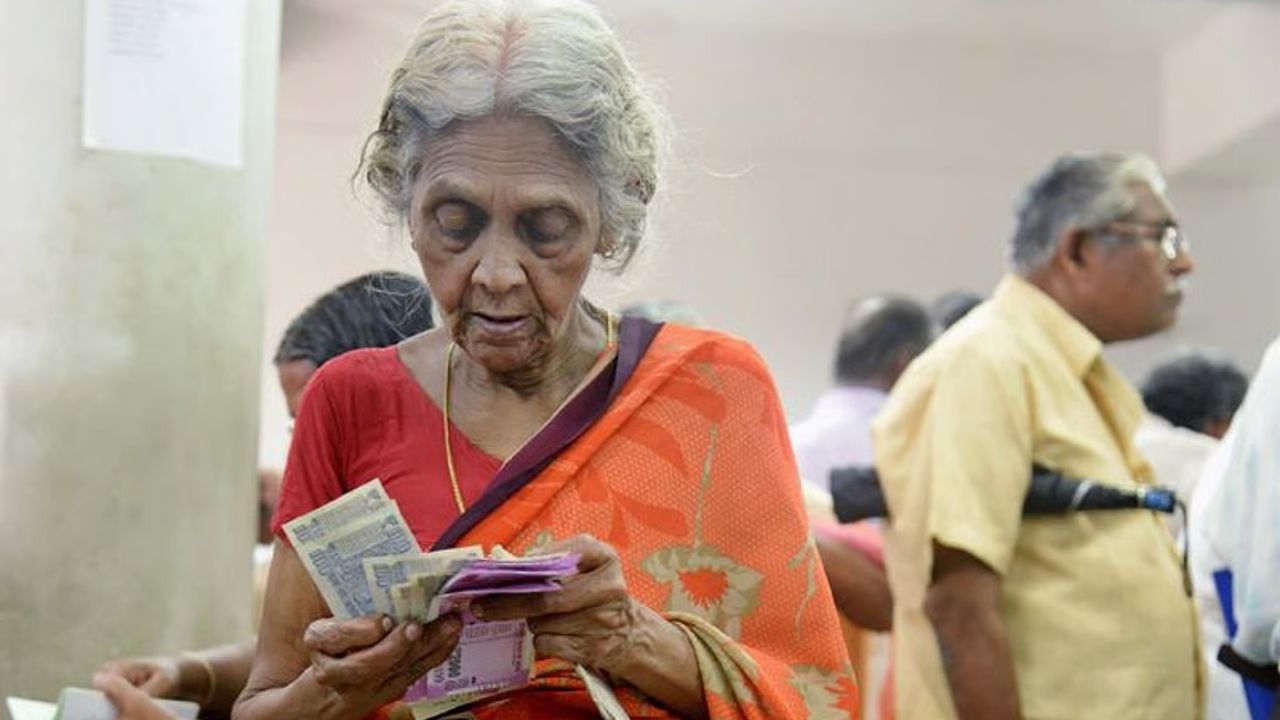The Government of Odisha has enacted significant changes to its real estate regulations, now requiring developers to form a homeowners’ association and legally transfer ownership of common areas before they can apply for an occupancy certificate. These new Odisha realtor handover rules, issued by the state’s Housing and Urban Development Department, are designed to enhance real estate consumer protection and eliminate persistent delays and disputes that have plagued homebuyers.
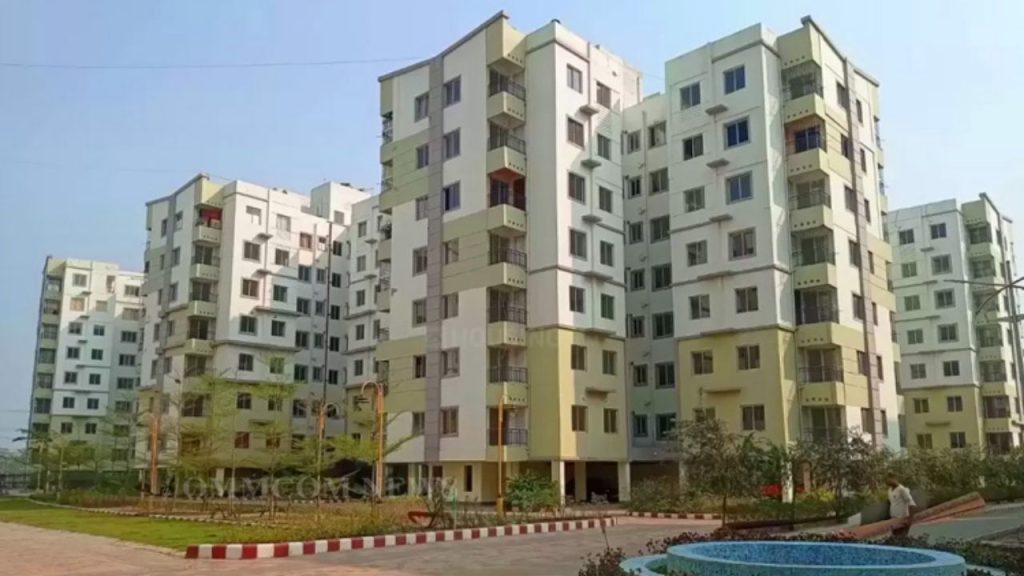
The amended regulations under the Odisha Apartment (Ownership and Management) Rules, 2024, represent a fundamental shift in the final stages of Odisha housing projects. Previously, developers could obtain an occupancy certificate from the authorities and then proceed with the handover process, a sequence that often left buyers waiting indefinitely to gain control over their property’s management and shared facilities.
Handover Process
| Key Provision | New Requirement | Previous Practice |
| Association Formation | Must be formed before applying for an Occupancy Certificate. | Often formed long after project completion and occupation. Govt. of Odisha, H&UD Dept. |
| Common Area Handover | A registered conveyance deed transferring common areas to the association is now a prerequisite. | Handover was frequently delayed, leading to disputes over maintenance. |
| Timeline | Creates a mandatory, legally enforceable sequence for project completion. | Timelines were often ambiguous and controlled by the developer. Odisha Real Estate Regulatory Authority |
A Fundamental Shift to Empower Homebuyers
The core of the new directive is the change in the procedural timeline for a project’s completion. According to the notification issued by the Housing and Urban Development (H&UD) Department, a promoter must now complete two critical steps before approaching the relevant authorities for an Occupancy Certificate (OC) or a Completion Certificate (CC).
First, the developer is mandated to facilitate the formation of a legally recognized “association of allottees,” which is the formal body representing the homebuyers. Second, the developer must execute a registered deed of conveyance, transferring the title of all common areas and facilities—such as parks, hallways, elevators, and clubhouses—to this newly formed association.
“This measure ensures that the collective ownership of common areas is established without delay,” stated an official from the H&UD Department in a press release. “By making this a precondition for the occupancy certificate, we are placing the rightful owners—the allottees—in control of their property’s management from the outset.”

Addressing Long-Standing Consumer Grievances
The rationale behind the new Odisha realtor handover rules stems from years of complaints filed with the Odisha Real Estate Regulatory Authority (ORERA). Homebuyers frequently reported that developers would collect maintenance charges for extended periods without formally handing over control of the facilities. In other cases, the lack of a formal association prevented residents from managing their own maintenance, security, and finances.
This regulatory gap often left residents in a state of uncertainty, unable to address upkeep issues or make collective decisions about their living environment. The new rules aim to close this gap by making the handover a non-negotiable part of the project’s legal completion. This aligns the state’s rules more closely with the pro-consumer spirit of the national Real Estate (Regulation and Development) Act, 2016 (RERA).
Gopal Mohanty, a homebuyer in a recently completed project in Bhubaneswar, commented, “For months, we were paying maintenance fees to the builder with little transparency. This new rule gives us hope that future buyers will have the power to manage their own affairs as soon as they move in.”
Impact on Developers and the Real Estate Sector
The new ORERA regulations have been met with a mix of acceptance and concern from the real estate development community. While larger, more organized developers see it as a step toward greater transparency that could build consumer trust, some smaller firms have expressed concerns about potential procedural delays.
A representative from the Odisha chapter of the Confederation of Real Estate Developers’ Associations of India (CREDAI) noted that while the industry supports consumer protection, the implementation must be smooth to avoid disrupting project timelines.
“Ensuring all allottees come together to form an association in a timely manner can be a challenge,” the representative, who asked to remain anonymous, told reporters. “We will need clear guidelines and cooperation from all stakeholders to make this work efficiently.”
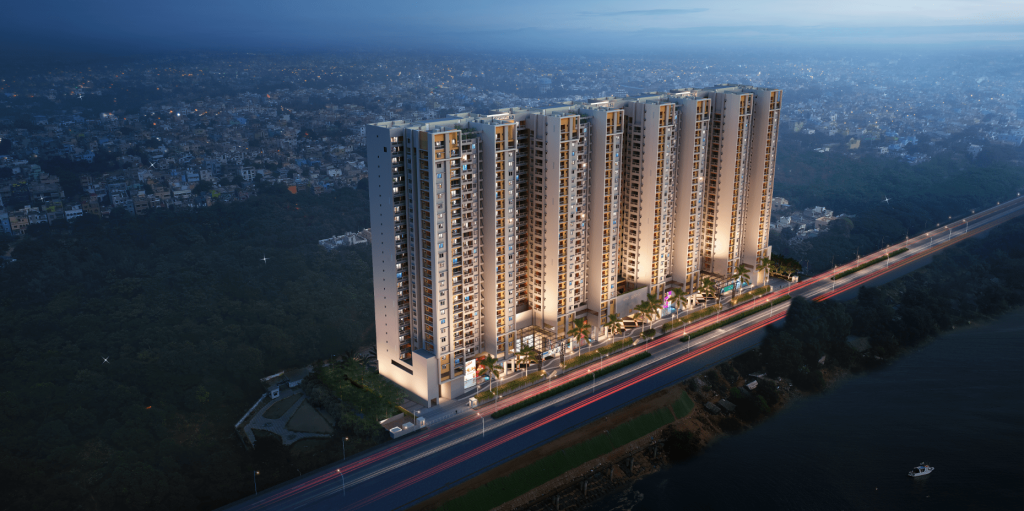
Ultimately, the regulations are expected to professionalize the sector further, compelling developers to factor the community-building and handover process into their project plans from the beginning rather than treating it as an afterthought.
As the new rules take effect, both developers and homebuyers will be watching closely to see how ORERA enforces them. The long-term success of this policy will depend on strict implementation and the willingness of all parties to adapt to a more accountable and transparent system for housing handovers in the state.
Monthly Rent Rs 500–1500: Odisha Unveils Housing Plan for Urban Poor
Odisha Government to Sanction 50,000 Houses Under Antyodaya Scheme
FAQs
1. What is the biggest change in the new Odisha rules for realtors?
The most significant change is that developers must now form a homebuyers’ association and legally transfer the common areas to it before they can apply for an occupancy or completion certificate for the project.
2. How does this benefit homebuyers in Odisha?
This empowers homebuyers by giving them legal control over their property’s common facilities and management right at the time of the project’s completion, preventing long delays and disputes with developers over maintenance and ownership.
3. When does the handover of common areas now occur?
The legal handover, through a registered deed of conveyance, must now occur before the developer obtains the final occupancy certificate, which is required for residents to legally inhabit the building.
4. Are these rules part of the central RERA Act?
While the central RERA Act provides a framework for consumer protection, these specific rules are an amendment made by the Odisha state government to its own Apartment (Ownership and Management) Rules, strengthening the implementation of RERA’s objectives within the state.

